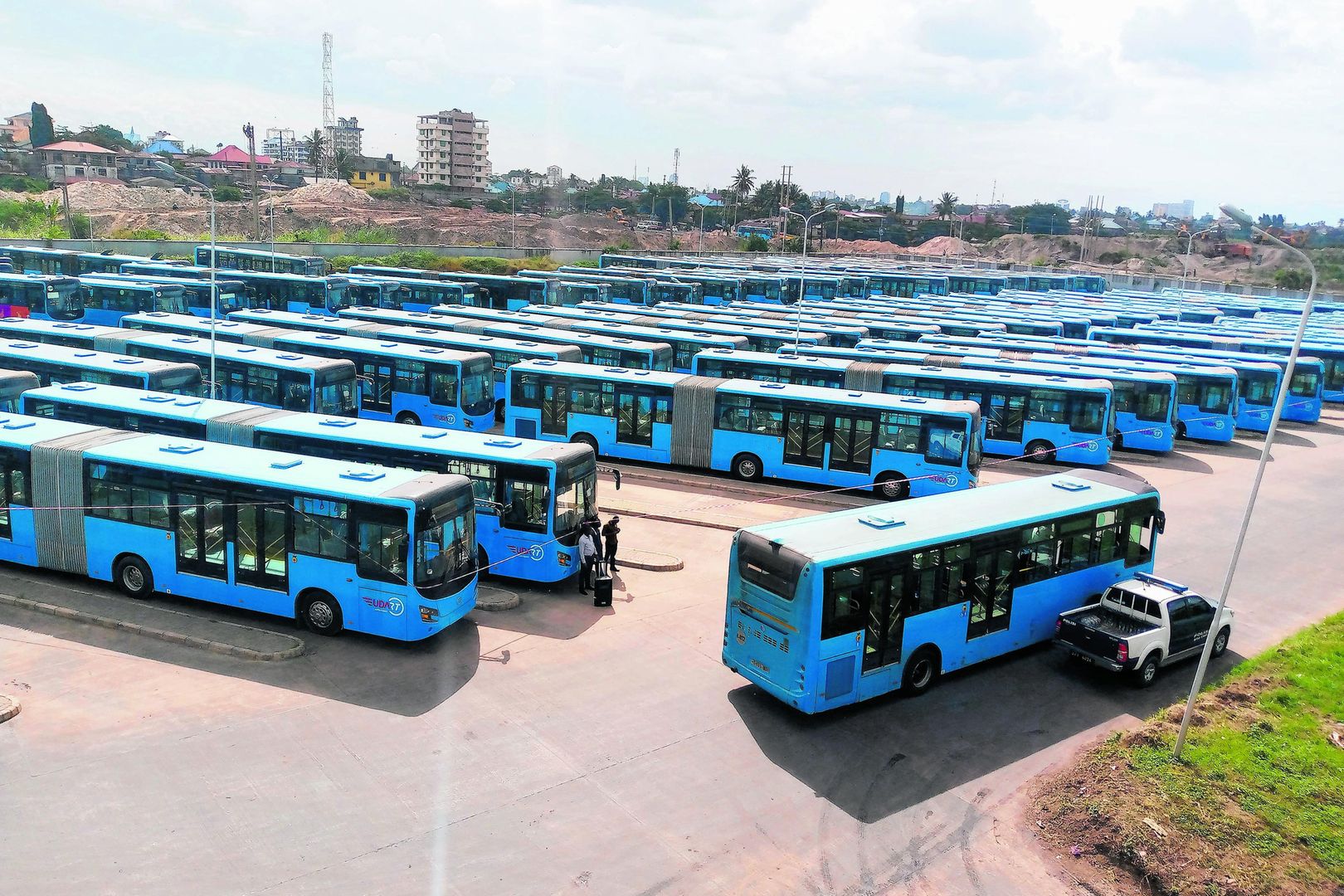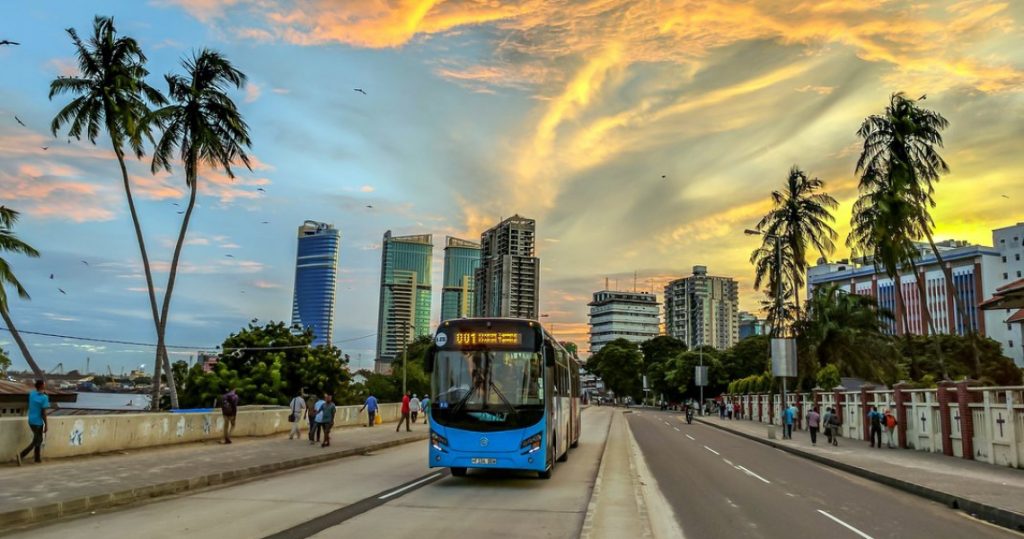Tanzania is making significant strides towards sustainable transportation as it sets its sights on securing $260 million in funding from the Green Climate Fund (GCF). The government is currently engaged in talks with the GCF to finance the sixth phase of the Bus Rapid Transit (BRT) project.
This ambitious initiative aims to enhance the country’s public transportation system, improve connectivity, and reduce carbon emissions. Moreover, the concurrent execution of the fourth, fifth, and sixth phases underscores Tanzania’s commitment to sustainable development and combating climate change.
Expanding Public Transportation with Bus Rapid Transit
The Bus Rapid Transit system has emerged as a popular and effective solution for addressing urban transportation challenges in many cities worldwide.
By providing dedicated lanes, modern buses, and efficient boarding systems, BRT offers a faster and more reliable alternative to private vehicles. Tanzania’s BRT project has already made notable progress through the successful implementation of its initial phases.
Securing the $260 million funding from the Green Climate Fund would enable Tanzania to accelerate the development and execution of the BRT project.
By expanding the system’s reach through the concurrent execution of the fourth, fifth, and sixth phases, the government aims to transform the public transportation landscape in key urban areas. This investment will not only enhance mobility but also contribute to mitigating the adverse effects of climate change.
Environmental Benefits
One of the primary advantages of the BRT system is its potential to reduce greenhouse gas emissions. By promoting a shift from private vehicles to public transportation, the BRT project will help reduce traffic congestion and associated carbon emissions.
With dedicated lanes and streamlined operations, buses can transport a large number of passengers, resulting in fewer individual vehicles on the road and a corresponding decrease in air pollution.

The development of a robust and efficient public transportation system has wide-ranging economic and social benefits. The BRT project in Tanzania will create job opportunities, both directly and indirectly, during the construction and operation phases.
Furthermore, the improved connectivity and accessibility offered by the BRT system will enhance overall mobility for residents, making it easier for people to reach their workplaces, educational institutions, and other essential destinations. This increased accessibility has the potential to spur economic growth, enhance productivity, and improve the quality of life for Tanzanian citizens.
Tanzania’s Commitment to Sustainable Development
Tanzania’s efforts to secure funding from the Green Climate Fund for the BRT project reflect the government’s strong commitment to sustainable development and addressing climate change. By investing in green transit infrastructure, Tanzania aims to reduce its carbon footprint, enhance urban planning, and create a more sustainable future. The concurrent execution of the fourth, fifth, and sixth phases of the BRT project showcases the government’s determination to expedite progress and ensure a seamless and integrated transportation network.
Tanzania’s pursuit of $260 million in funding from the Green Climate Fund for the Bus Rapid Transit project demonstrates the country’s dedication to promoting sustainable transportation and combating climate change.
By expanding the BRT system through concurrent execution of the fourth, fifth, and sixth phases, Tanzania aims to enhance connectivity, reduce carbon emissions, and improve the quality of life for its citizens. This ambitious project, once realized, has the potential to serve as a model for other countries striving to develop efficient and eco-friendly public transportation systems.
Read here: Investment articles.

